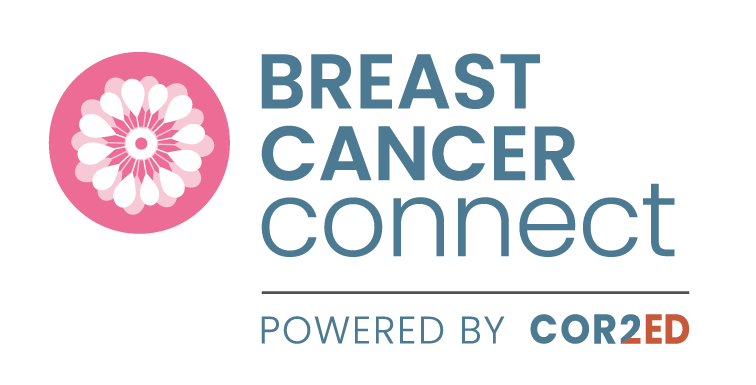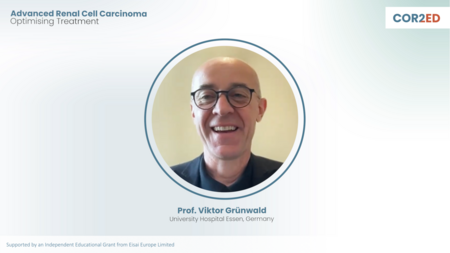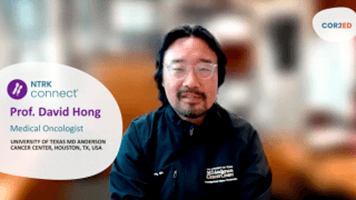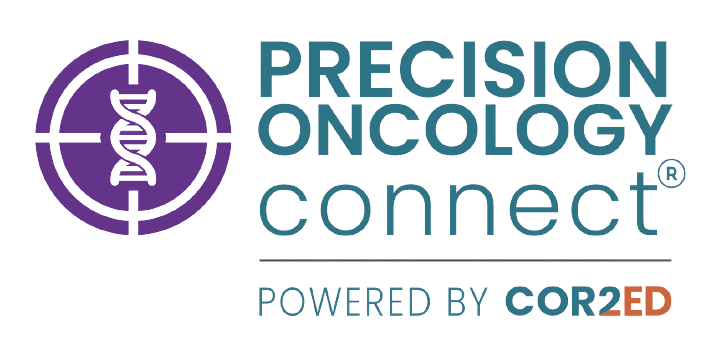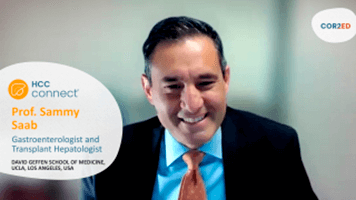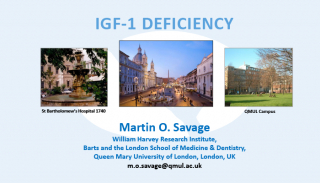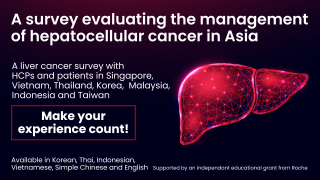GI CONNECT Update from ESMO 2021: lower GI cancer
GI CONNECT Update from ESMO 2021: lower GI cancer
Prof. Chiara Cremolini
GI CONNECT has summarised the highlights on lower GI cancer from ESMO 2021 for you
Prof. Chiara Cremolini
Medical Oncologist
Pisa University Hospital
Italy
Prof. Chiara Cremolini has received financial support/sponsorship for research support, consultation, or speaker fees from the following companies:
|
5 min
|
Sep 2021
This programme was made for you: your opinion matters
Share your feedback in just 4 clicks and help us to continue to create the content you need.
I agree that this educational programme:
Was valuable to me:
1/4
Has improved my knowledge of this topic:
2/4
Is likely to change my clinical practice:
3/4
Was balanced and unbiased:
4/4
download resources
This programme was made for you: your opinion matters
Share your feedback in just 4 clicks and help us to continue to create the content you need.
I agree that this educational programme:
Was valuable to me:
1/4
Has improved my knowledge of this topic:
2/4
Is likely to change my clinical practice:
3/4
Was balanced and unbiased:
4/4
I am Chiara Cremolini, I’m a Medical Oncologist at the University Hospital of Pisa and I am a member of the GI CONNECT team.
I am happy to share with you some interesting news of the ESMO 2021 congress that has just been concluded and I have selected some abstracts for you.
In particular, I have selected three abstracts that have been presented as oral presentations. The AtezoTRIBE study, the MAYA study, and the KRYSTAL-1 study, and then three trials in progress that may be interesting in the next future that are named REPROGRAM-01, REGINA and SOREGATT.
With regard to the first two trials, AtezoTRIBE and MAYA, they are somehow linked by a ‘fil-rouge’ which is the objective of making immune checkpoint inhibitors efficacious also in the vast majority of metastatic colorectal cancer which are microsatellite stable.
In AtezoTRIBE the combination of FOLFOXIRI plus bevacizumab plus atezolizumab was investigated as upfront therapy in previously untreated metastatic colorectal cancer patients and compared with FOLFOXIRI plus bevacizumab.
The primary endpoint was progression-free survival and the primary endpoint was met. Patients treated with atezolizumab achieved a longer PFS compared with those who received the standard FOLFOXIRI plus bevacizumab. There were no main issues in terms of safety because chemotherapy and bevacizumab related adverse events occurred within the expected frequency and also, immune-related adverse events were quite rare and not clinically relevant.
And interesting data comes from the subgroup analysis showing a significant interaction effect between MMR status and the treatment arm. In particular, the effect of the addition of atezolizumab was clearly higher among patients with deficient mismatch repair tumours. This is quite expected but patients in this subgroup treated with FOLFOXIRI-bev-atezo showed impressive results in terms of PFS.
However, also in the larger subgroup of patients with a pMMR tumours, still there is a signal of efficacy for the addition of atezolizumab. Translation analyses are ongoing to better identify who are these patients who benefit from checkpoint inhibitors.
In the MAYA study, another strategy was put into action to make immune checkpoint inhibitors efficacious in MSS tumours. Patients with MGMT methylated and no MGMT expression at immunohistochemistry were treated with temozolomide as a priming effect to make these tumours more similar to MSI-high tumours, and then patients achieving at least a stable disease with temozolomide were treated with a combination of ipilimumab and nivolumab plus temozolomide.
Also, in this case, which is a phase two single arm proof of concept trial, the primary endpoint, which is the 8 months progression free rate, was met, clearly showing signals of activity, for this combination at least in a small subgroup of well molecularly-selected patients and thus making the strategy worth further investigation immune strategies.
In the landscape of making checkpoint inhibitors efficacious in MSS tumours, an interesting trial in progress is being presented, it is called REGINA, in locally advanced rectal cancer where patients that are today candidates to a neoadjuvant therapy will receive a short course of radiotherapy plus regorafenib and the anti-PD1 nivolumab.
Moving to the later lines of therapy, today we have two options with phase 3 evidence: trifluridine-tipiracil and regorafenib.
There is an interesting French trial SOREGATT investigating the sequence of regorafenib trifluridine-tipiracil versus the reverse strategy.
But also in this treatment setting we have some interesting news, in particular the KRYSTAL-1 study that investigated the anti-KRASG12C adagrasib with or without cetuximab, this was not a randomised trial, but a phase 1b and then phase 2 trial in pre-treated metastatic colorectal cancer, showing signals of activity for adagrasib alone; 22% of response rate, but even more with the addition of cetuximab.
We have not yet results in terms of duration of this response or disease control that approaches 100% with the combination of adagrasib and cetuximab, but for sure this combination needs new studies to enter our daily clinical practice and this is really interesting with regard to results that have been up to date provided.
Again, also in this treatment setting the advanced lines of therapy, there is another interesting trial called REPROGRAM that has been presented as a trial in progress, trying to exploit the anti-antigenic and immunomodulatory properties of metronomic chemotherapy, in combination with regorafenib to achieve efficacious results, also in the subgroup of chemo-refractory metastatic colorectal cancer patients.
More details about these trials are available in the slide kit, and I thank you so much for your kind attention.
GI CONNECT is an initiative of COR2ED, supported by an Independent Educational Grant from Bayer.








